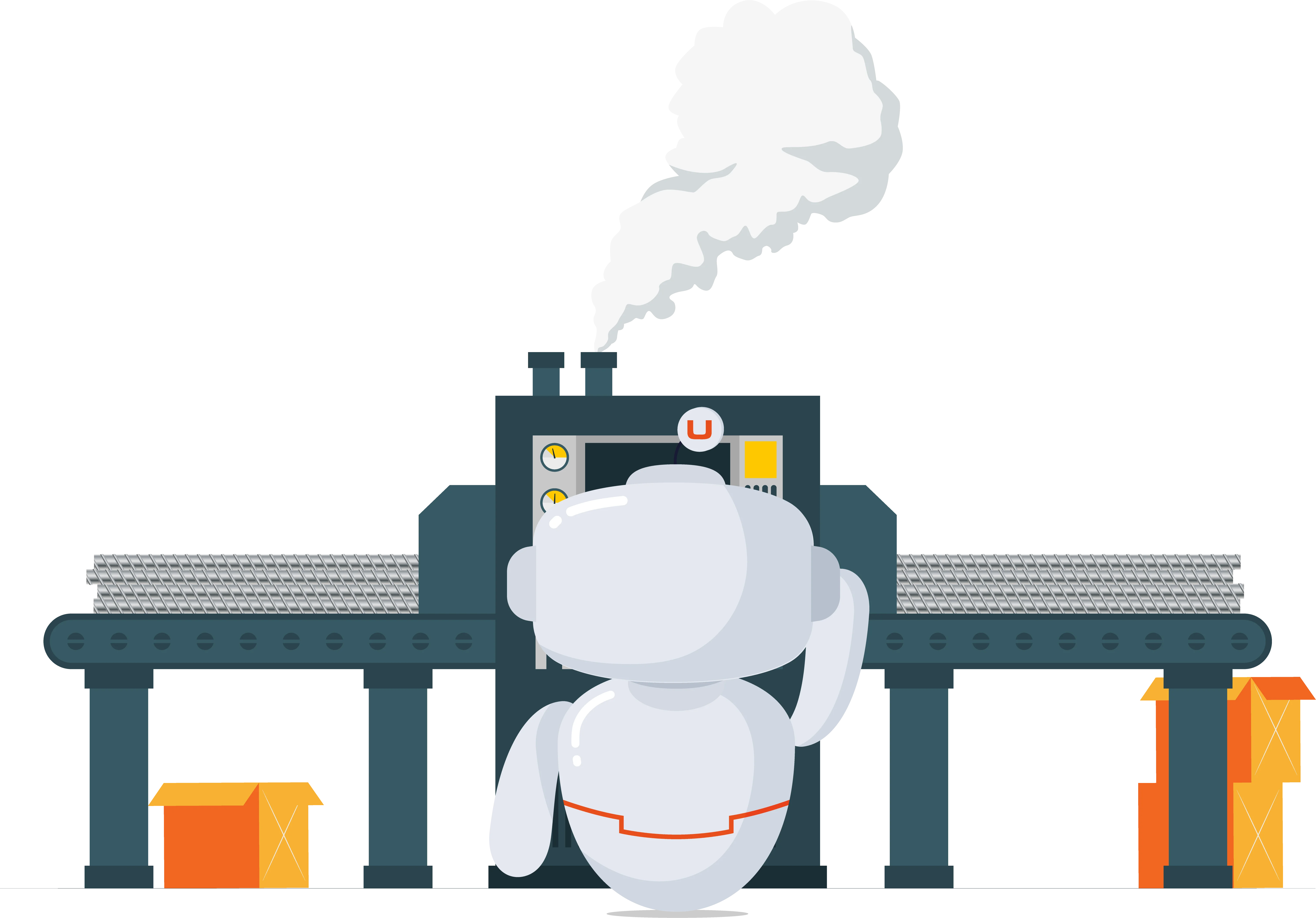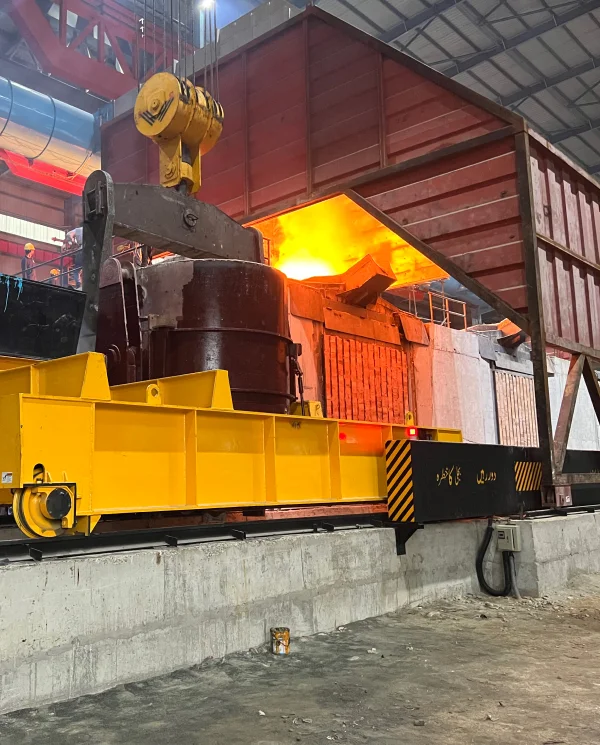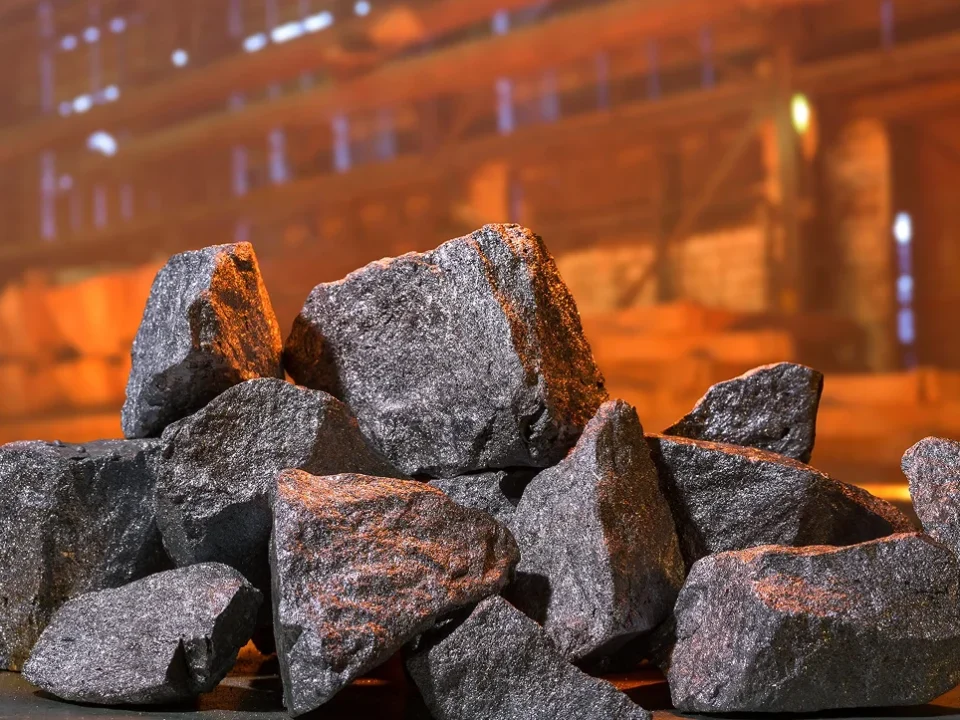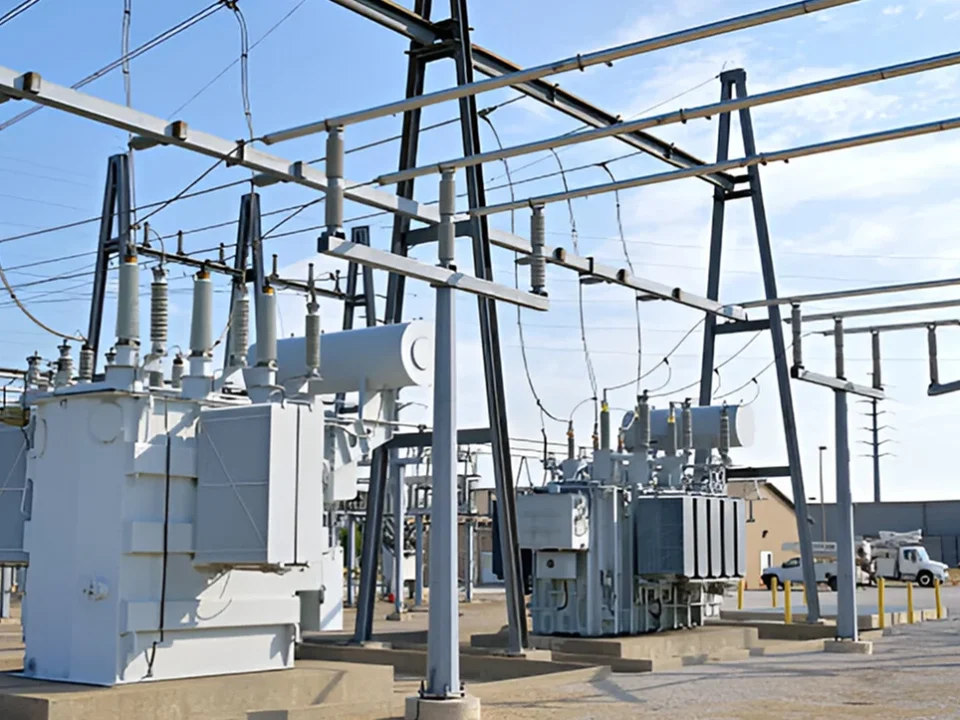
Dealing with Downtime: How Poor Maintenance Practices Hurt the Steel Industry
Tuesday, June 24, 2025INDUSTRIAL MODERNIZATION
Facing the Future
How the Steel Industry Must Evolve to Stay Competitive
A Pivotal Moment for Steelmakers
Innovation towards a brighter future
The global steel industry is at a critical crossroads. With rising raw material costs, energy challenges, climate regulations, and rapidly advancing technologies, traditional practices no longer guarantee long-term success. In Pakistan and other emerging markets, steel manufacturers must innovate, modernize, and align with global standards—or risk being left behind. The future of the Steel Industry demands a smarter, leaner, and more sustainable approach.
Common issues and how we can resolve them
1. Embracing Digital Transformation
Digitalization is no longer a luxury—it’s a competitive necessity. From integrating SCADA systems to automating data collection, digital tools provide better visibility into production, energy consumption, and quality control.
Key Benefits:
Real-time process monitoring and fault detection
Reduced manual errors and operational delays
Faster, data-driven decision-making


2. Prioritizing Energy Efficiency and Sustainability
With energy costs among the highest in the region, steel manufacturers in Pakistan must adopt energy-efficient technologies and explore renewable alternatives where possible.
Recommended Actions:
Implement waste heat recovery systems
Upgrade to energy-efficient induction furnaces
Monitor and optimize energy per ton of steel produced
3. Modernizing Aging Equipment
Many steel plants in the region still rely on legacy systems, which are costly to maintain, prone to failure, and incompatible with modern control technologies. Investing in newer, more efficient machinery enhances productivity, quality, and uptime.
Suggested Upgrades:
Replace outdated control panels with PLC/SCADA setups
Install sensors for real-time equipment diagnostics
Opt for automated material handling and weighing systems


4. Strengthening Supply Chain Resilience
Recent years have exposed how vulnerable global supply chains can be. Steelmakers must build stronger relationships with local suppliers, maintain buffer inventories, and invest in smarter procurement systems.
Why It Matters:
Mitigates disruptions in raw material availability
Helps control costs during international price surges
Increases independence and reliability
5. Developing Skilled Human Capital
Technological upgrades are only as good as the people operating them. Upskilling the workforce in automation, data analysis, and equipment maintenance is critical for operational excellence.
Areas of Focus:
Training programs for SCADA and automation tools
Safety and compliance education
Cross-functional skill development to improve adaptability


6. Fostering Innovation and R&D
Recent years have exposed how vulnerable global supply chains can be. Steelmakers must build stronger relationships with local suppliers, maintain buffer inventories, and invest in smarter procurement systems.
Why It Matters:
Mitigates disruptions in raw material availability
Helps control costs during international price surges
Increases independence and reliability
Evolving Together with the Industry
For a safer and stronger Pakisan
The future of the steel industry depends on how quickly and effectively it can adapt to new realities. Whether it’s through digitalization, smarter energy use, or workforce development, the winners of tomorrow will be the companies that act today.
At Unisons, we are committed to helping steel manufacturers transition into the future. From SCADA integration and process optimization to advanced instrumentation and training, we provide the tools and expertise to support sustainable growth and global competitiveness.
Let us help you stay ahead—because the future doesn’t wait.

Digitalize your Industry
Digitalization automates data collection, reduces human errors, speeds up reporting, and allows real-time monitoring, leading to improved decision-making and operational efficiency.
Industries such as steel, cement, glass, manufacturing, and energy sectors benefit greatly from digitalization due to the need for efficiency, real-time monitoring, and process optimization.
Our team of experts will start by assessing your current manual processes, identifying key areas for improvement, to implement the right solutions tailored to your operations.




